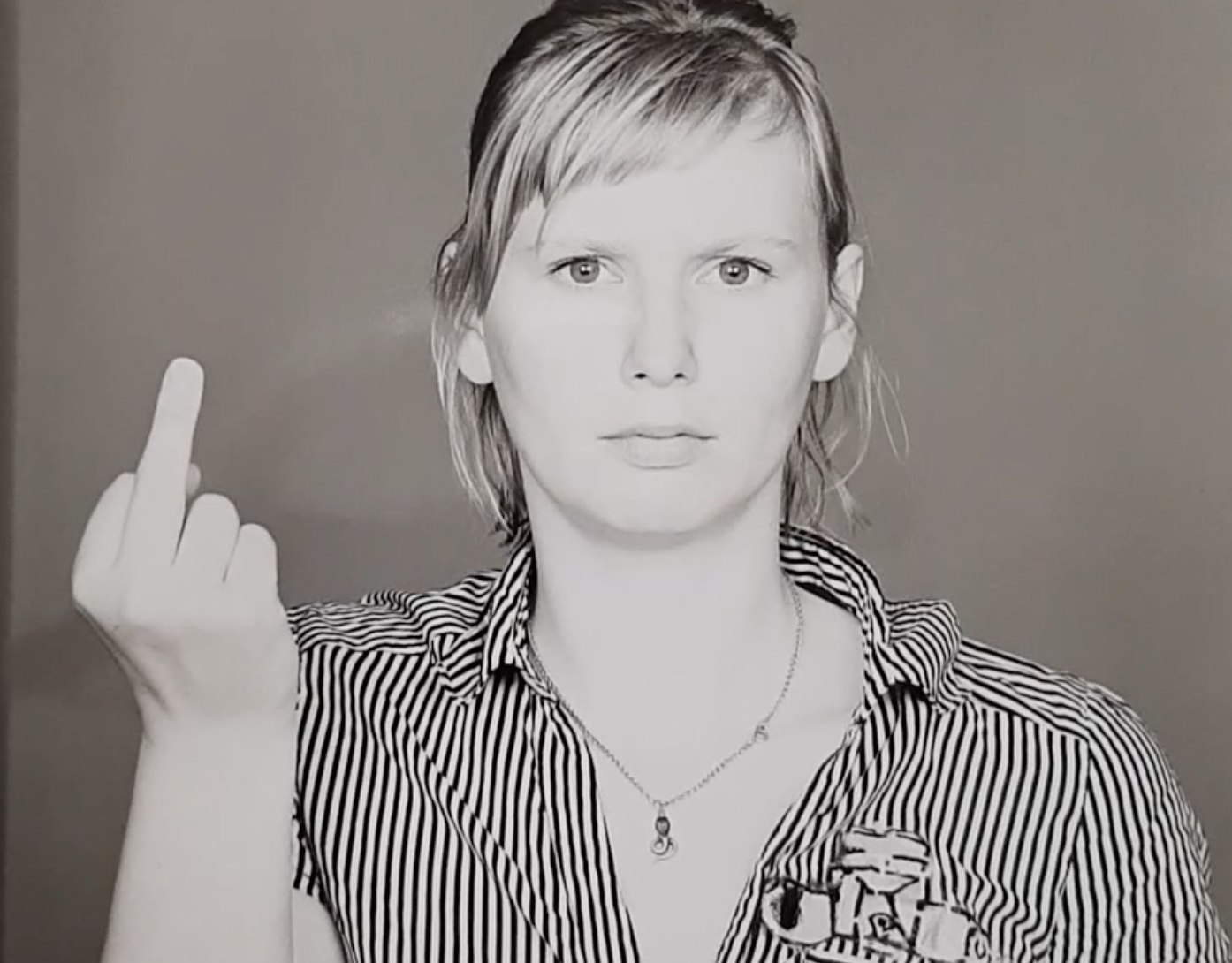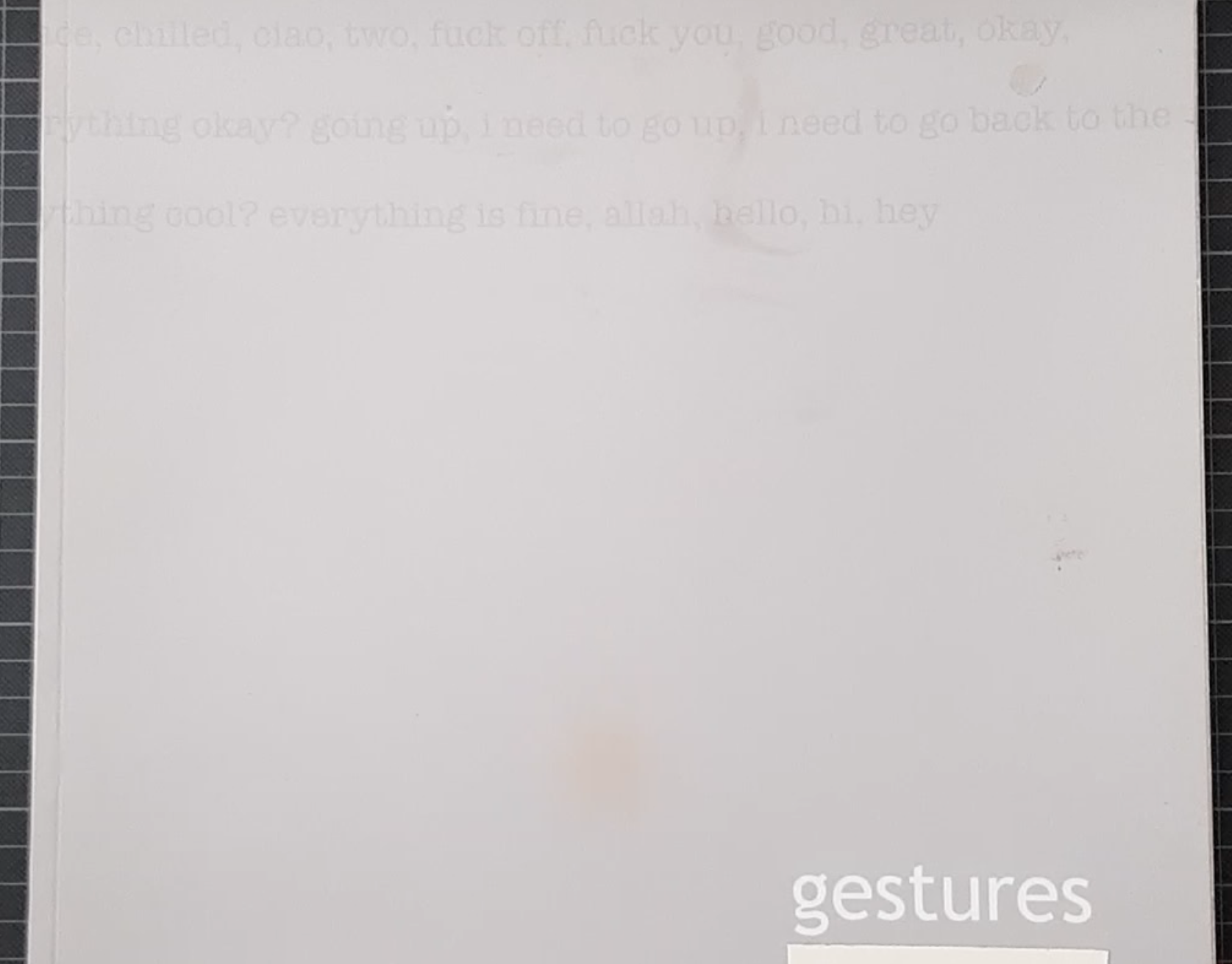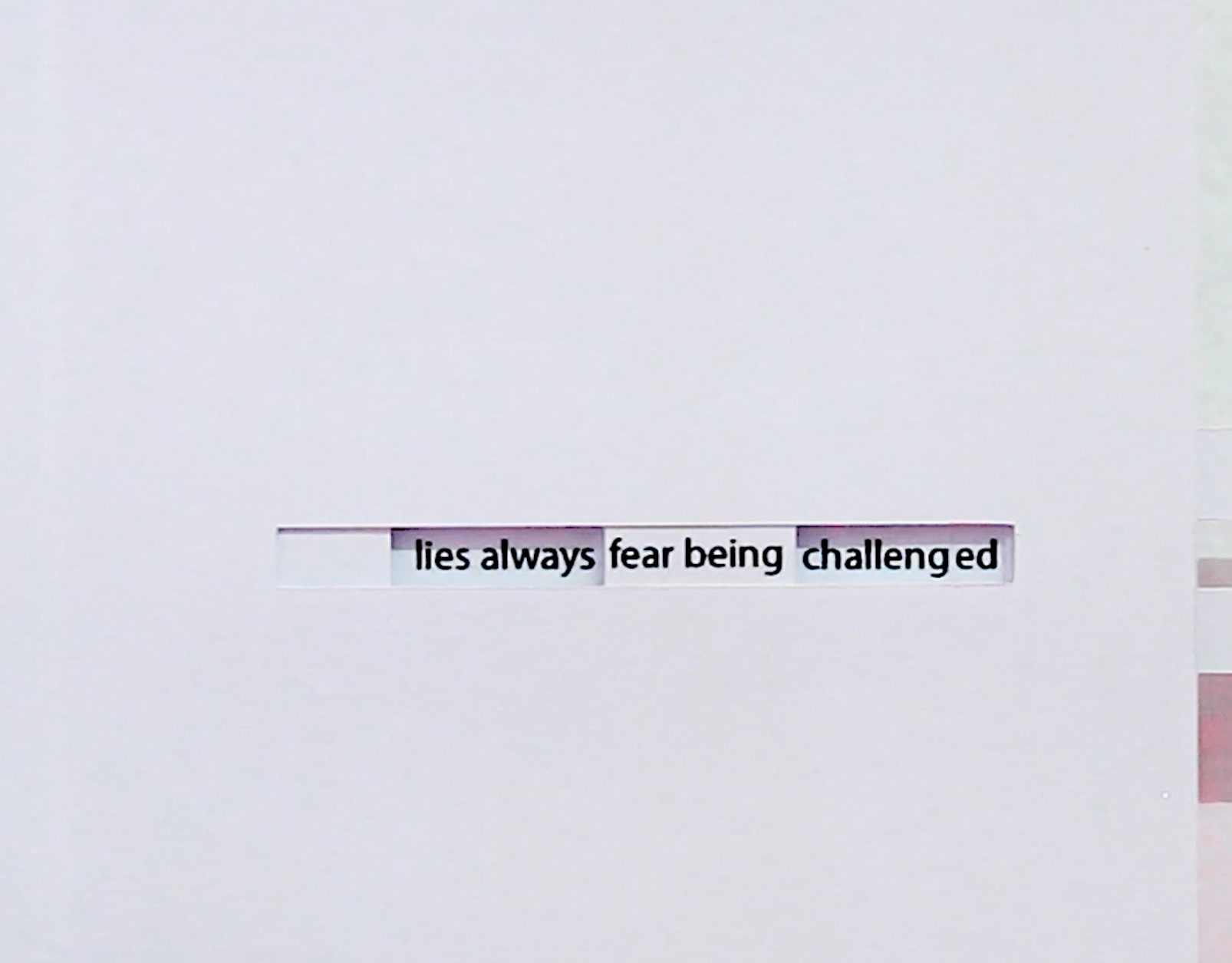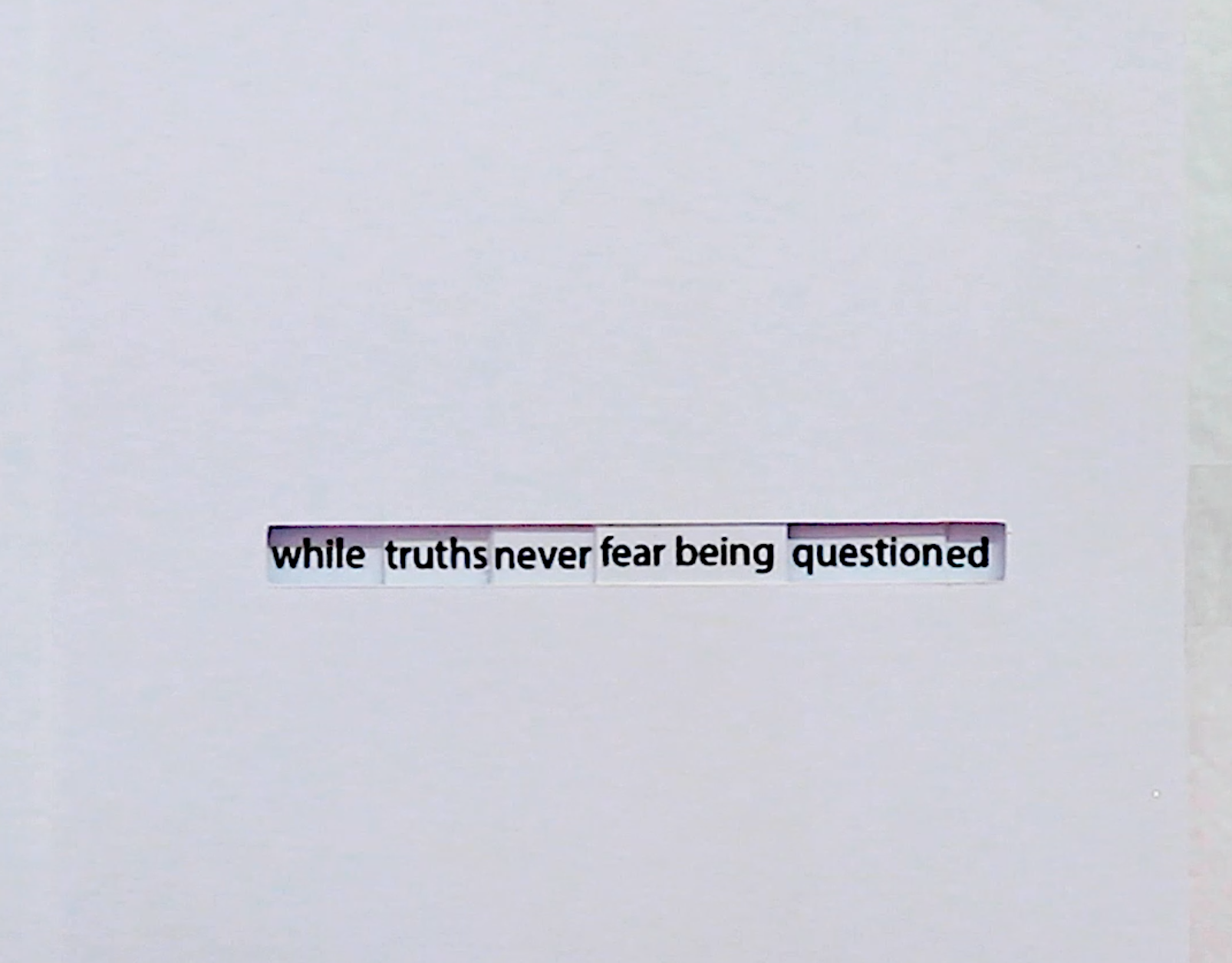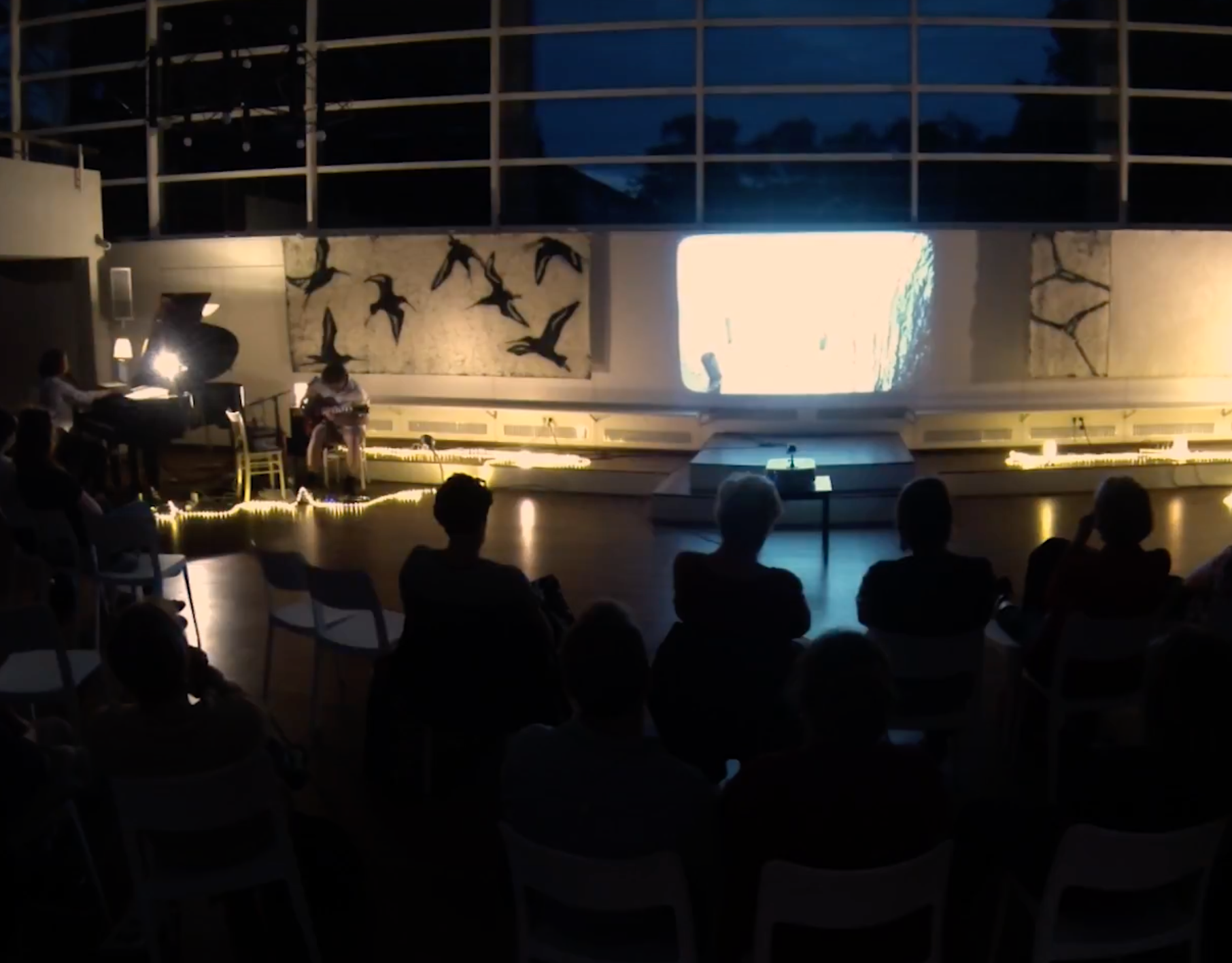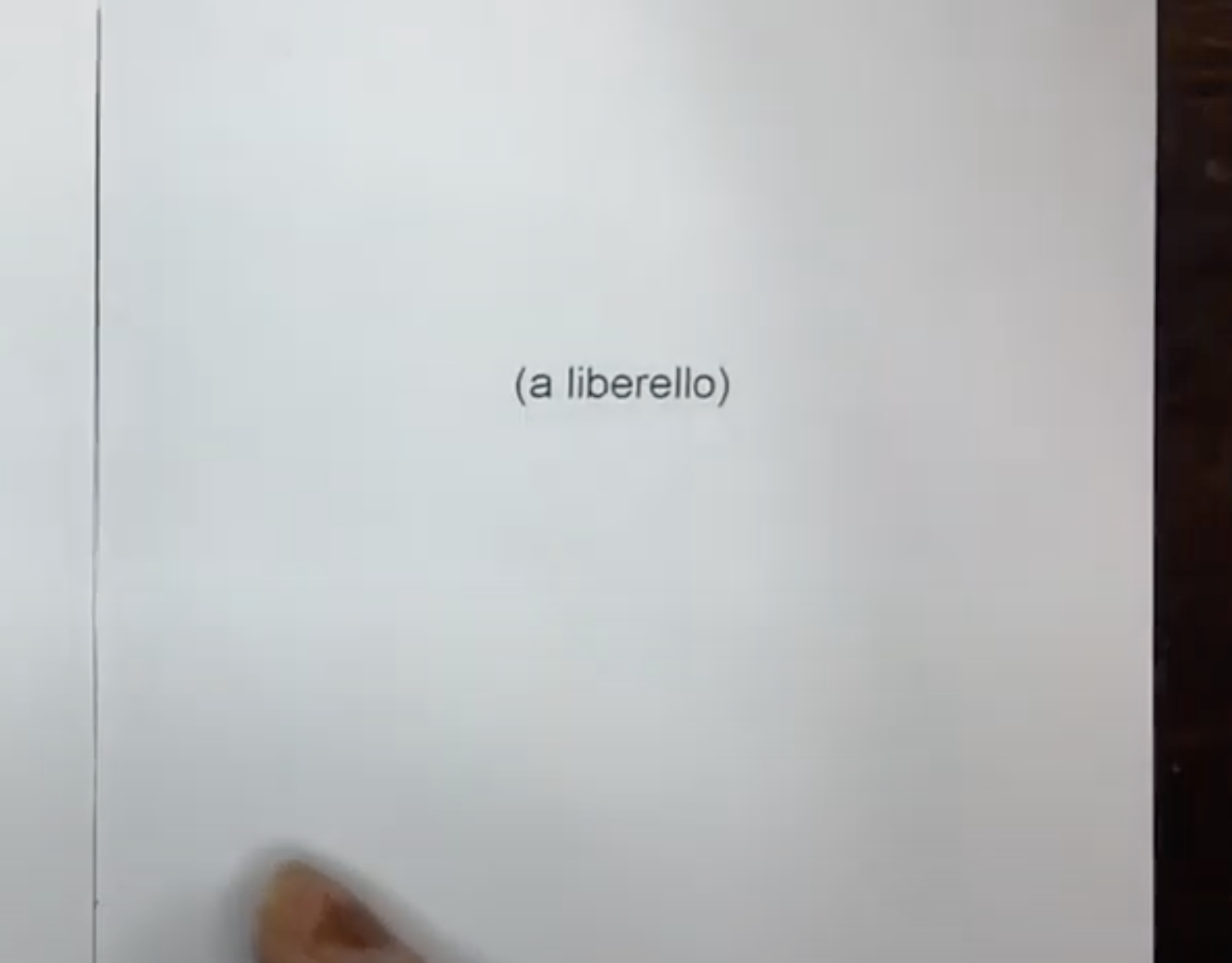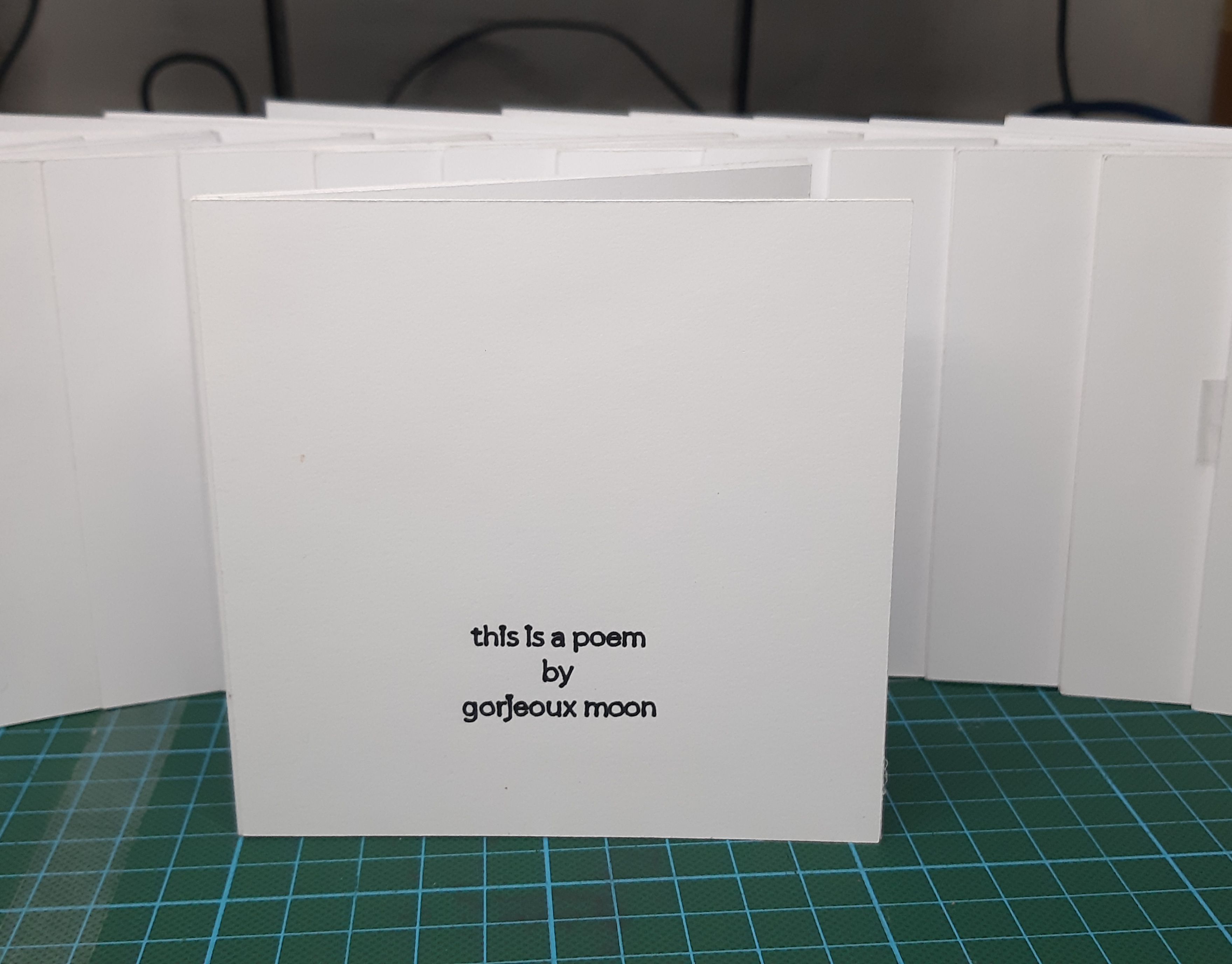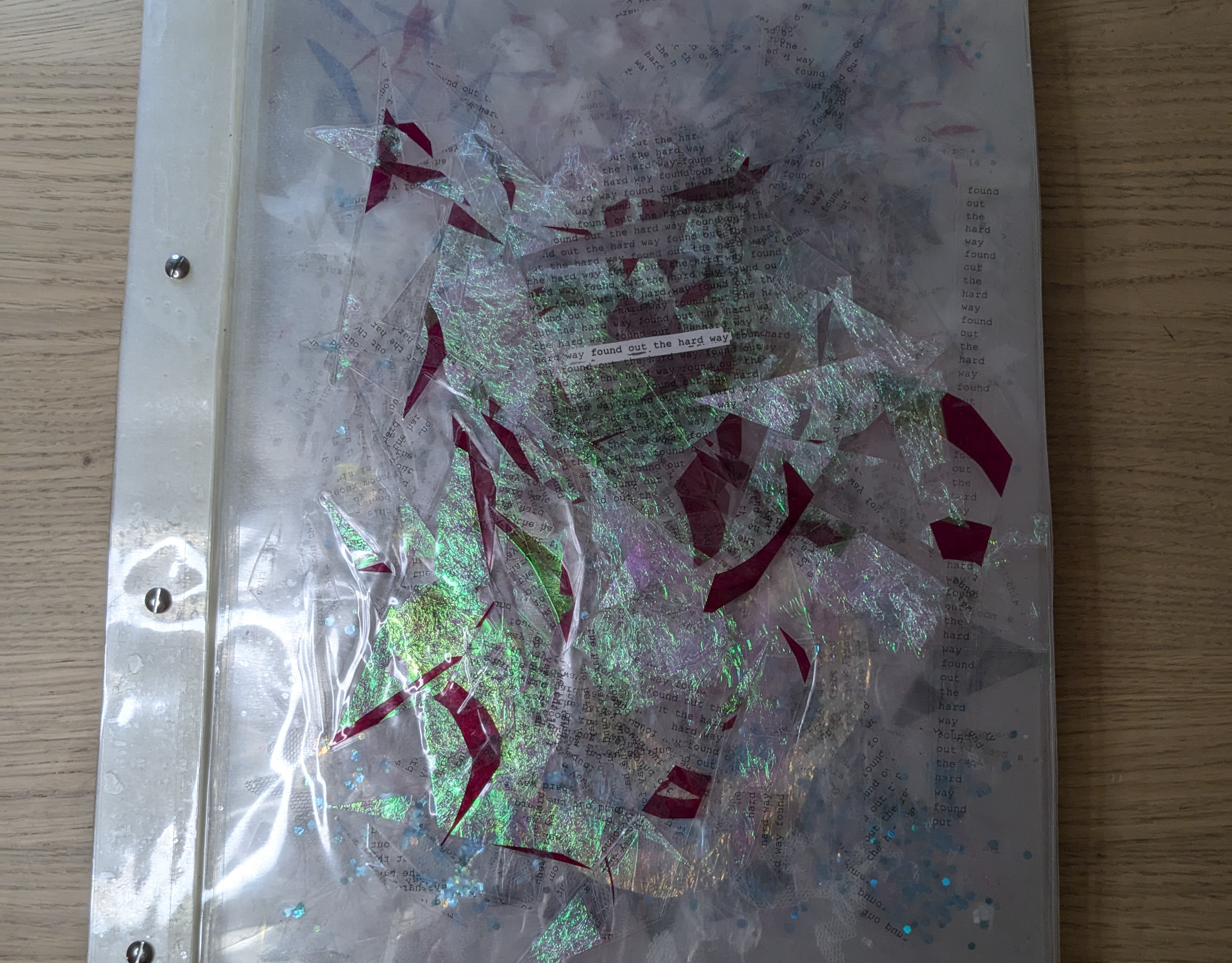part one
'looking for luv in all the wrong places'
in early may 2020, about the time the harshest of lockdown restrictions were being lifted i spent a night writing a book called
i luv u sisyphos monkey
which marries two philosophical musings firstly albert camus' existentialist idea of imagining sisyphos, a man, who the greek god zeus punished for cheating death by forcing him to roll an immense boulder up a hill only for it to roll down every time it neared the top, repeating this action for eternity; and imagining him happy
the second musing is the quantum chaos assertion that if you were to chain enough monkeys to enough typewriters, one will eventually type out the complete and unabridged works of shakespeare in a single stream
what that meant in this context is that i sorted through streams of randomly generated combinations of lower case letters of the english alphabet looking for words 10 thousand characters at a time BY HAND
if we were to look for the opening lines from romeo and juliet:
two households both alike in dignity
in fair verona where we lay our scene
from ancient grudge break to new mutiny
where civil blood makes civil hands unclean
in fair verona where we lay our scene
from ancient grudge break to new mutiny
where civil blood makes civil hands unclean
in all lower case, without punctuation or spaces the chance is:
8.841689 x 10^183
or
267584800000000000000000000000000000000000000000000000000000000000000000000000000000000000000000000000000000000000000000000000000000000000000000000000000000000000000000000000000000000 : 1
(there are only 7x10^27 atoms in the observable universe)
so instead i looked for:
'i luv u'
the book i made is highly conceptual, and is essentially the chronicle of it’s own inception
it's 100 pages long - the first 95 pages of which are exclusively in the 26 lower case characters of the english alphabet with no punctuation - the page numbers are roman numerals
it exists as a single book that requires being viewed from two distinctly different aspects or perspectives simultaneously
one is black ink on white paper
and is representative of convention with overtones of heteronormativity as in it conforms to our expectations which makes it pretty easy to read
the other is black ink on complete transparency
which is a comment on queerness, aberration and the scale of data sets
because when we limit our datasets to processing information a single page at a time, aberrations are irritating because they are anomalous
yet when we create ways in which we can see aberrations in a greater context, we start to see the beauty there is to find in aberration
cos if you're the only queer in the village, you're a freak, you stand out, you are wrong
and yet when we are in city, metropole, or online, we can see the consonance of freakishness and aberration and appreciate the beauty of our collective queerdness


